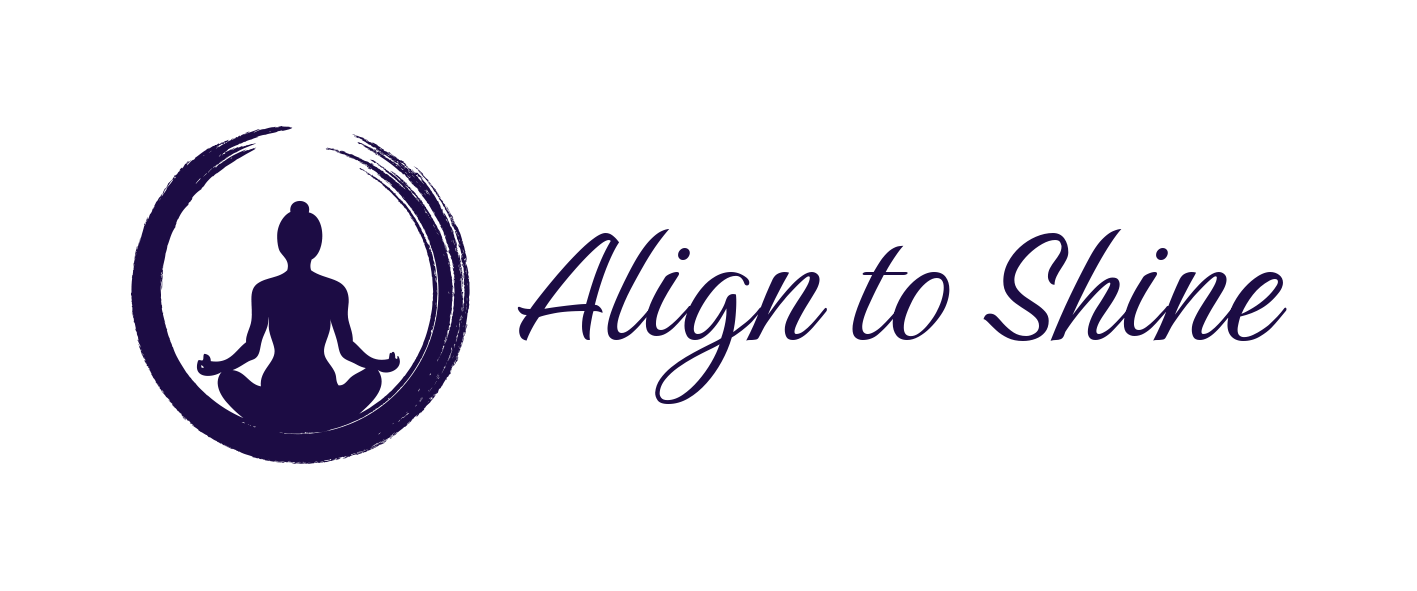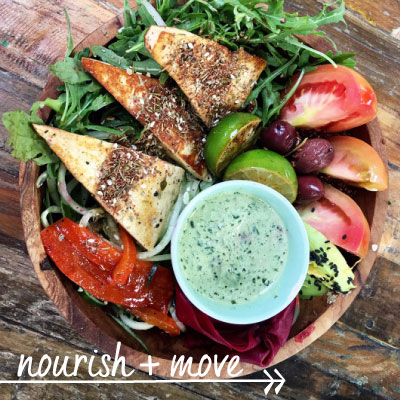Inflammation is a natural and needed process in the body; it is part of an effective immune system response. The body uses beneficial acute inflammatory reactions to direct blood flow, immune cells, and nutrients to areas in need of healing, such as wounds and infections. But when inflammation gets out of hand or occurs in the wrong place, it can result in tissue damage, hormonal imbalances, and even death.
The body releases chemicals, hormones, and other mediators to bring about and direct an inflammatory response. You have likely experienced the pain, redness, immobility, swelling, and increased temperature that occur when your body initiates acute inflammation in response to a cut or infection. On the other hand, chronic insidious inflammation often occurs deeper in the body where the signs may not be as obvious right away.
How Chronic Inflammation Affects the Body
Chronic inflammation may result from the failure to eliminate the cause of an acute inflammatory response, such as an infection, an autoimmune disorder where the body mistakenly attacks normal tissue, or exposure to internally or externally generated toxins or irritants. These inflammatory processes can also be triggered by chronic food allergies and sensitivities, imbalances of bacteria and fungi in the gut, constant psychological or physical stress, and environmental toxicity.
When these inflammatory chemicals circulate in the body over time at a certain level, they can disrupt normal function and cause damage. This may result in symptoms of fatigue, pain, fever, and psoriasis. Over time, chronic inflammation may contribute to many lifestyle-related disorders, including:
- Heart disease
- Obesity
- Asthma
- Arthritis
- Cancer
- Metabolic syndrome and type 2 diabetes
- Alzheimer’s dementia
Lifestyle Strategies to Balance Inflammation
Like many chronic conditions, the development of inflammation-related disorders is often influenced by lifestyle choices. There are some powerful steps you can take to optimize your lifestyle habits and build abundant health. Since each body and lifestyle is unique, always check with your healthcare provider before making major changes. Consider some of these strategies to reduce chronic inflammation and prevent future disease.
1. Fill Up with Fresh, Real Foods
Adopting an anti-inflammatory diet is a good start to keeping chronic low-level inflammation at bay. To keep inflammation levels in check and blood sugar levels stable, it is important to eat real, whole foods without added, refined sugars, processed carbohydrates, and artificial ingredients.
An anti-inflammatory diet that is rich in a wide variety of colorful organic vegetables, natural fiber, essential phytonutrients, and probiotics can help to nourish a healthy microbiome and squelch excess inflammation.
There are also some specific foods that have anti-inflammatory properties:
- Berries
- Dark leafy greens including kale and spinach
- Cold-water fish such as salmon and mackerel
- Spices like ginger and turmeric
- Herbs like basil and parsley
- Organic extra-virgin olive oil
- Naturally fermented foods like raw sauerkraut and supplements like probiotics
2. Reduce Your Stress Levels
Your levels of chronic inflammation are also highly influenced by stress. Like inflammation, stress is a normal process that your body uses to protect you, but too much ongoing stress can become harmful and contribute to chronic inflammation. Relentless emotional, physical, and psychological stress weakens the immune system and promotes unchecked inflammation.
Research suggests that chronic psychological stress results in the body losing its ability to regulate the inflammatory response. The stress response involves the release of hormones, like cortisol, which help to prepare the body to fight or flee a perceived threat.
Immune cells are also influenced by cortisol. In normal amounts, cortisol seems to influence immune cells to limit and regulate the acute inflammatory response. But when immune cells are chronically exposed to stress hormones, they become insensitive to the normal regulatory effects of cortisol, and inflammation can become out of control.
People who respond to stress with anger and hostility are also at risk for increased inflammation and heart attacks. Unhealthy coping strategies such as smoking, alcohol use, and overeating can worsen the impact of chronic inflammation and contribute to the risk of chronic diseases.
Instead, opt to cope with stress in a way that soothes the mind and body.
- Find breaks in your day to pause, connect with yourself, and find the calm in the present moment.
- Focus on your breath and allow yourself to let go of stress and worry.
- Engage in a meaningful meditation practice.
- Enjoy regular balancing yoga.
- Spend time in nature.
3. Remember Your Oral Health
Keeping your mouth clean and healthy not only results in great oral health, it can also help reduce your overall levels of inflammation. Good dental hygiene keeps bacterial levels in the mouth under control and gums healthy so that bad oral bacteria do not escape into the bloodstream and trigger inflammation.
Consider incorporating some lifestyle habits that help to maintain good oral health.
- The mouth needs fat-soluble vitamins, like D and K, along with the right balance of minerals, like calcium, phosphorous, and magnesium, to stay healthy.
- Tongue scraping (jihwa prakshalana) is an Ayurvedic self-care practice to support oral hygiene. It reduces undesirable bacteria and volatile sulfur compounds, which are linked to bad breath, dental decay, and inflammation.
- Oil pulling is another Ayurvedic self-care ritual that can benefit oral health. Use one tablespoon of organic sesame or coconut oil and squish it around your mouth for 15 to 20 minutes before disposing of it in a trashcan (avoid spitting it in your sink as it may cause clogs).
Use these lifestyle practices to allow your nervous system, mind, and body to stay balanced and keep inflammation in check!















